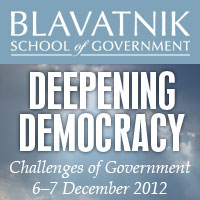
Deepening Democracy
Deepening Democracy is an online series of articles, responding to the September 2012 report by the Global Commission on Elections, Democracy and Security, on improving the integrity of elections. The series is being curated by the Blavatnik School of Government and features contributions from students on the Master of Public Policy course at the School, as well as guest posts from Oxford and Cambridge scholars in politics and international relations.
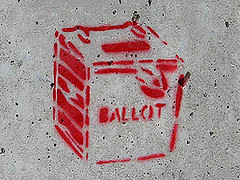
A Place beyond the Ballots: Women and the 2014 Elections in Afghanistan
2014 is a pivotal year for Afghan Politics. With the withdrawal of NATO troops, the 2014 elections have the potential to determine the country’s socio-political narrative. How these elections are conducted will impact the challenges and opportunities that Afghanistan will face. More specifically, what would this paradigm shift mean to a section of society that have come to represent one of its most repressed, neglected and disenfranchised aspects: the Afghan women. After decades of war and instability, women have finally been able to participate in politics and other male-dominated spheres of Afghan society. After the fall of the Taliban regime in 2001, the increasing presence of women in the Parliament, occupying seats alongside ‘warlords’ and other prominent male figures, has …
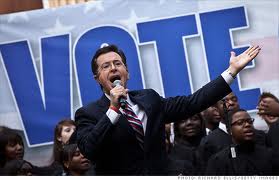
A Deeper Democracy Begins with Proper Elections: Citizens United, the rise of the Super PAC and the loss of electoral integrity in the US
It was a sunny day in March 2011 and Stephen Colbert was getting restless.
Colbert had been working out a comedic sketch of a political ad by the former Governor of Minnesota, Tim Pawlenty, but he did not quite know how to end the parody. Then Colbert had an idea: he would substitute ‘LibertyPAC.com,’ the name of Pawlenty’s political action committee, for ‘ColbertPAC.com’ and would buy the URL in jest. Almost immediately after the episode aired, Colbert received a frantic call from the Comedy Central network, which had evidently bought the joke and insisted that he refrain from forming ColbertPAC.

In America, Corporations are People. But should they be?
Now that November 6th has passed, Americans will stop keeping up with politics and continue Keeping up with the Kardashians. Yet, several of the most crucial elements of American democracy still warrant close attention, including voter identification laws, the restrictions on early voting and, not least of all, the newest phrase to have permeated American politics, that “corporations are people too”.
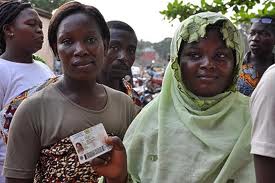
Strengthening Democracy in Togo: How to Give women a greater voice
The integrity of the March 2010 Togolese presidential election was formally challenged immediately following the announcement of incumbent Faure Gnassingbé’s victory. Fortunately, the violence and massive internal displacement that marred the 2005 race were not repeated, but the opposition alleged widespread irregularities and fraud. Ultimately the result was upheld, and Gnassingbé maintained his family’s four-decade-long grip on power of this tiny West African country. One opposition candidate claimed, “The vote was so expertly stolen by the ruling party that electoral observers will never understand what really happened.”
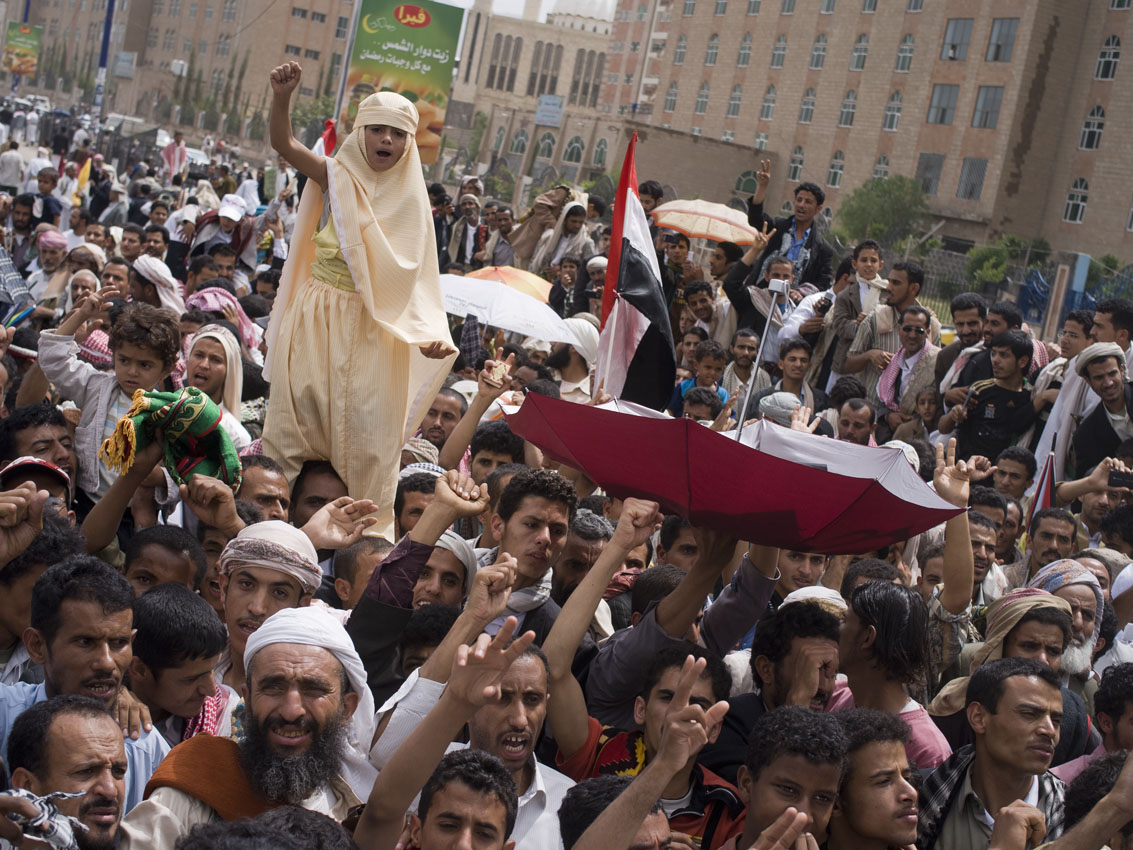
The Uneven Playing Field: Political finance in post-Arab Spring countries
“Our revolution was hijacked,” Mahmoud, a young protestor from Yemen, told me in one of our discussions. “We stand no chance against the established powers in any elections,” said Marwa, another young protestor from Egypt. Mahmoud and Marwa represent millions of similar young Arabs who ignited and led the uprisings in their countries, aspiring for a new future where each one of them will have an equal say in the political process. They are now increasingly disappointed and frustrated with their new reality, and the top reason for their frustration is political finance. The Deepening Democracy report, published by the Global Commission on Elections, Democracy & Security, highlights that “The rise of uncontrolled political finance threatens to hollow out democracy …
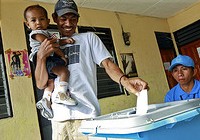
In Timor-Leste, deepening democracy means ongoing international support for electoral authorities
The Report of the Global Commission on Elections, Democracy and Security identified building professional, competent electoral management bodies (EMBs) as one of the five major challenges that must be overcome to conduct elections with integrity.
There is more to it, though. East Timor, for example, has EMBs. And it has made demonstrable progress in its elections since independence. But its EMBs still need help.
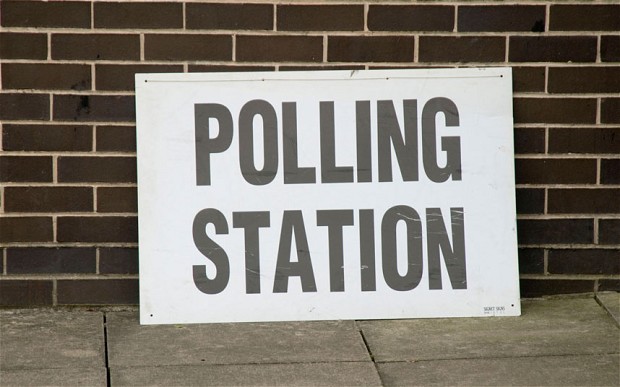
Democracy in Britain: Decline, reform, and a place called Bettws
Political pundits in Britain often frame competition in elections as a fight for ‘middle England’. Each election, they invent names such as ‘Essex man’ or ‘Worcester woman’ to describe archetypal voters representative of marginal constituencies necessary to win a parliamentary majority. Bettws ward in Gwent, Wales, may not be the typical bellwether for the nation’s politics, but its significance rose with the first ever election of Police and Crime Commissioners (PCCs) across England and Wales.
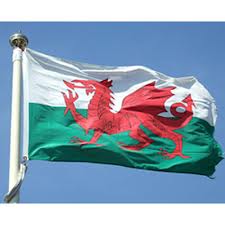
Wales and Taxes: One small country, one big report, one great democratic idea
Did you hear about the Silk Commission last week…?
No?
Let me explain: the Commission produced a report which threw its weight behind a key democratic idea which a country – any country – can adopt to deepen democracy.
As the Global Commission on Elections, Democracy & Security noted, developing democracies often have problems that no longer are an issue in mature democracies. But that doesn’t mean that democracy or the accountability process in European countries is perfect.
For example, what if you elect politicians who enjoy legislative and spending powers, but who do not have tax or borrowing powers? Wouldn’t that place limitations on democratic accountability, or to turn a phrase, be representation without taxation?









